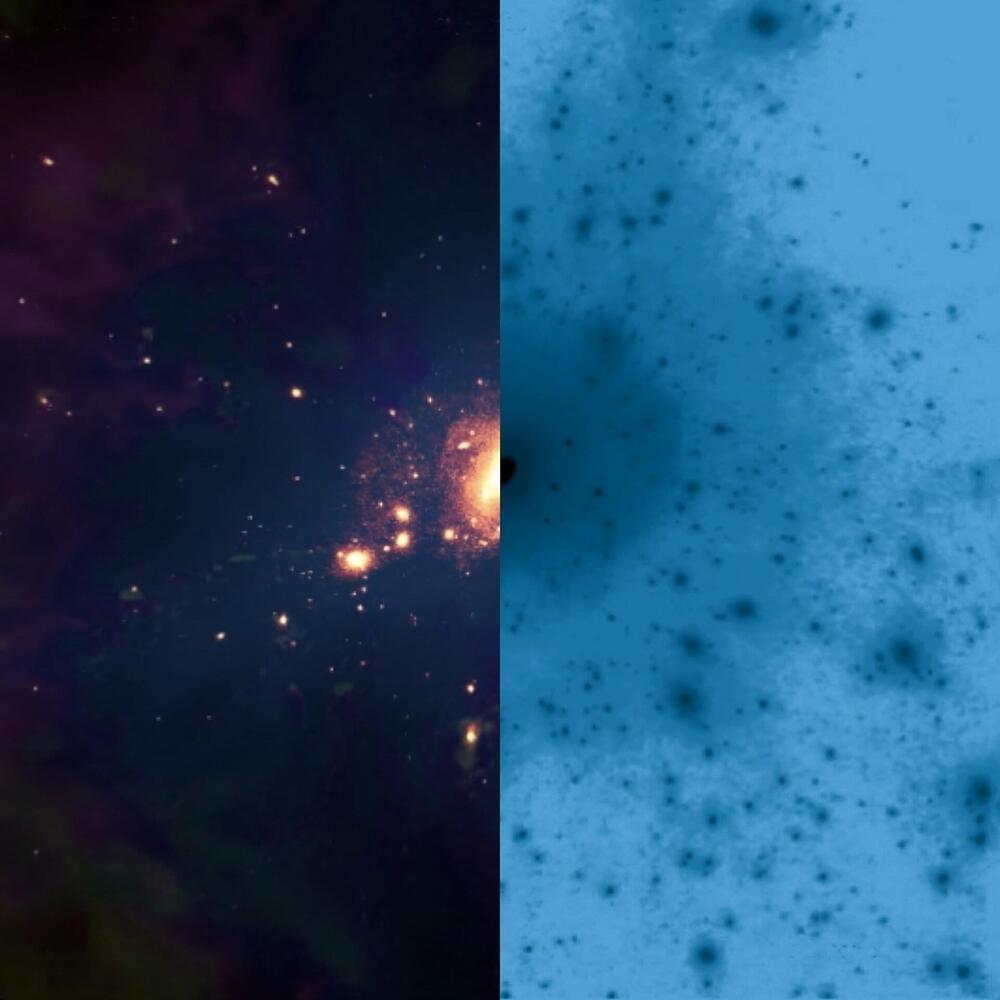Dark matter comprises around 85% of all the matter in the universe. Although ordinary matter absorbs, reflects and emits light, dark matter cannot be seen directly, which makes its detection difficult. Its existence is inferred from its gravitational effects on visible matter, the material that forms stars, planets, and other objects in the cosmos.
Galaxies are made up of these two types of material The dark matter is distributed in halos, which are huge structures surrounding galaxies, while the ordinary matter is mainly present in the central regions where most of the stars are found.
Traditionally observational studies of galactic evolution have centered on the role of ordinary matter, even though it is quite a small fraction of the mass of a galaxy. For decades there have been theoretical predictions about the effect that dark matter should have on the evolution of galaxies. However, in spite of numerous efforts, there is no clear consensus about this.









Comments are closed.